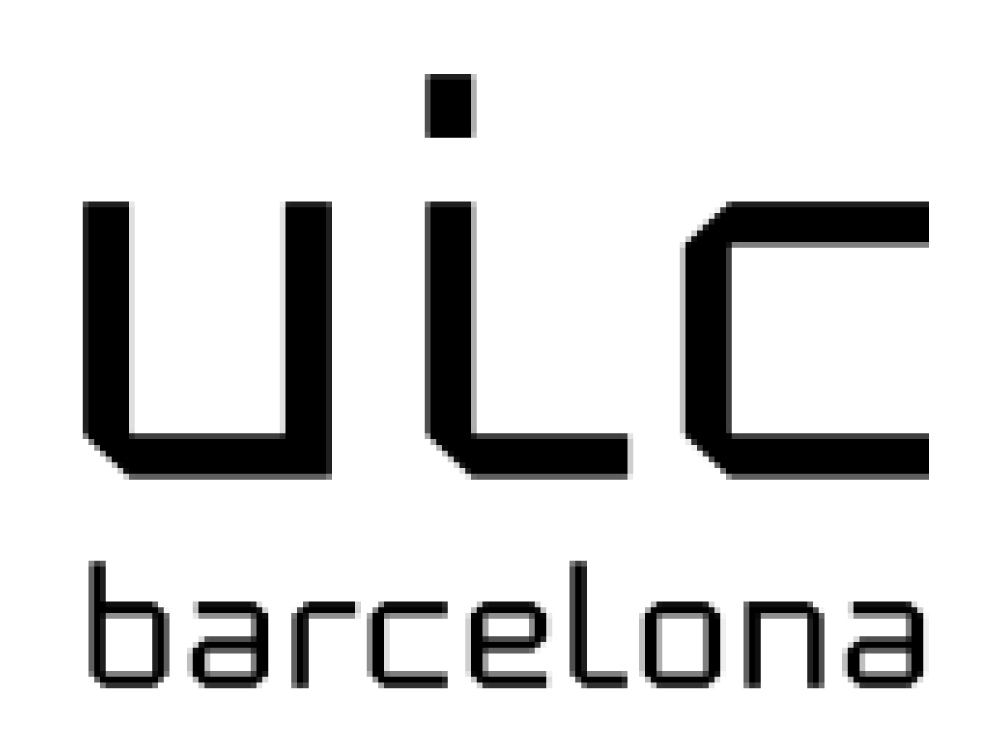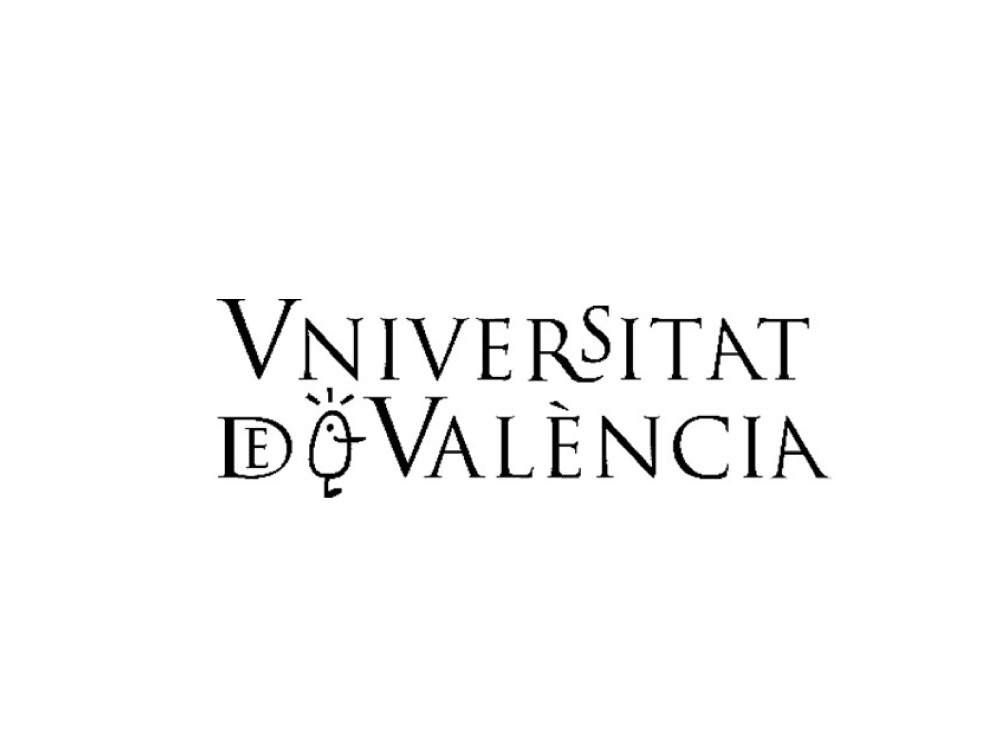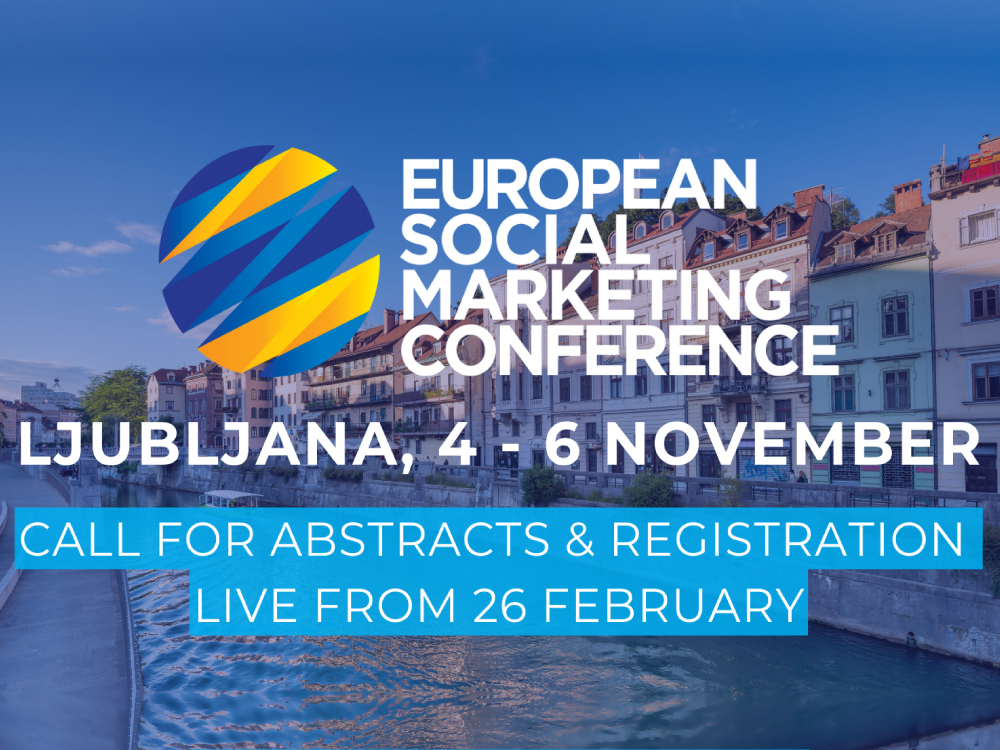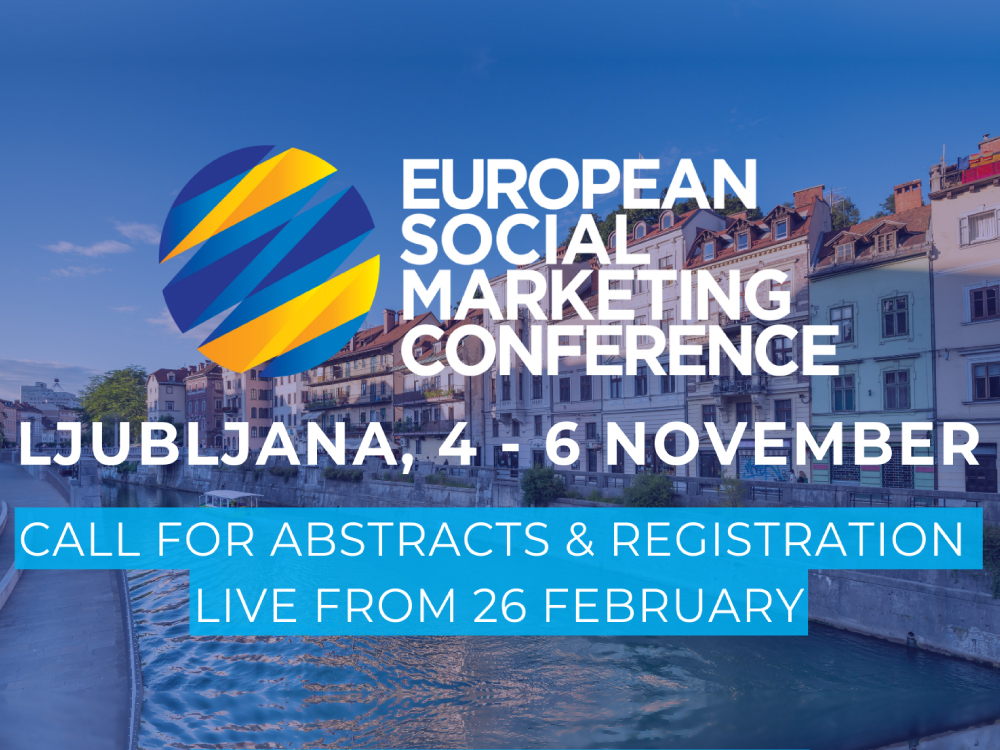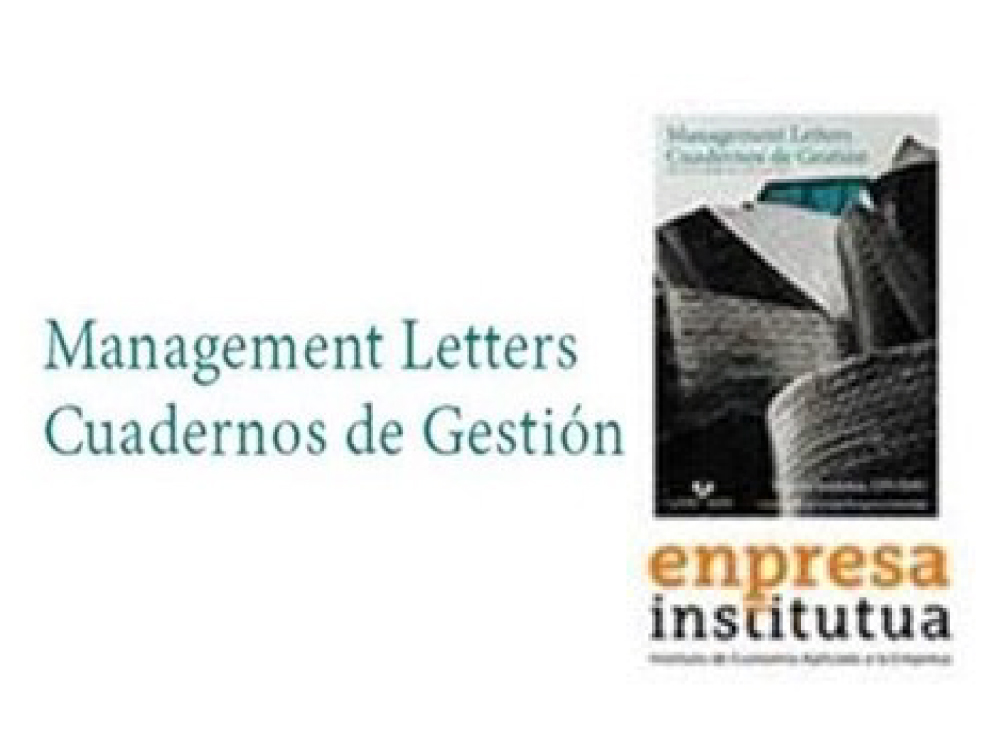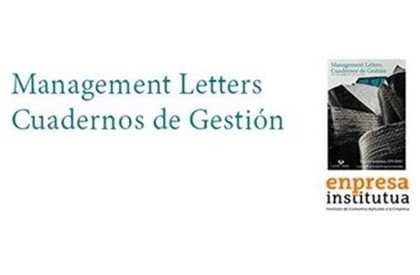
Background of this special issue
As the world faces increasing societal and environmental challenges, stakeholders have raised their expectations for the conduct and integrity of organizations and their brands (Salzer-Mörling and Strannegård, 2007; Bhagwat et al, 2020; Hambrick and Wowak 2019; Sarkar and Kotler 2020). It is no longer enough for brands to merely acknowledge the problems facing the world, stakeholders now believe that brands should actively contribute to solving these problems by improving the quality of life and addressing environmental issues (Ramaswamy and Ozcan, 2016). The sustainability agenda, which balances the needs of people, planet and profit, is rapidly becoming a requirement simply to operate. This means more than simply telling positive stories. It concerns a brand's willingness to embed conscience into its actions and to shift to a broader focus on creating value. This is the arena of conscientious brands, which suggests that brands, like people, can have moral agency and can choose to act in ways that make a positive contribution to the world (Iglesias and Ind, 2016, 2020; Ind and Horlings, 2016). Such brands are built on their willingness to think issues through critically from the perspective of all stakeholders and to work together to deliver transformative change (Ind and Iglesias, 2022). Conscientious brands encompass a moral orientation that can integrate concepts such as sustainability, diversity, inclusion and equality as deliberative acts.
The aims of this special issue
Due to the increasing interest in the topic and changes in the marketing sphere, it is time to expand the debates and discussions on conscientious brands. We welcome paper submissions that focus on enhancing the existing body of literature on conscientious brands. Contributions can be conceptual and/or empirical (qualitative, quantitative, or mixed methods). Possible research topics include, but are not limited to the following:
First, some recent studies have started to conceptualize the key characteristics of conscientious brands (Iglesias and Ind, 2020; Iglesias et al, 2023; Abratt and Kleyn, 2023). However, more research is needed capable of more profoundly conceptualizing the construct of conscientious brands. In this same line, it is important to further understand its antecedents and outcomes. Some suggested research questions are:
- What are the key characteristics of conscientious brands?
- What are the drivers of conscientious brands?
- What are the expected outcomes for brands embracing conscientiousness?
Second, Ind and Iglesias (2022) have suggested that conscientious brands should define a conscience rooted in a corporate brand purpose and a set of guiding principles, and that this should emerge from a co-creative process with manifold stakeholders. In this regard, future studies should examine (Markovic et al., 2023):
- What participatory mechanisms need to be promoted to build a conscientious brand?
- What is the role of co-creation in building conscientious brands?
Third, conscientious brands cannot come alive without a committed network (Rindell et al, 2011) of strategically aligned business partners (Mingione and Leoni, 2020). A few related relevant research questions are:
- What is the role of business partners in building conscientious brands?
- How should conscientious brands promote the strategic alignment of their business partners around their organizational conscience?
- How can conscientious brands monitor, but also empower its business-to-business network?
Fourth, there is extremely scarce research on how to communicate conscientious brands (Ind and Iglesias, 2022). However, it remains key to better understand how to communicate a conscientious value proposition and how to inspire and nudge consumers to adopt more responsible and sustainable behaviours. Overall, future studies should focus on understanding:
- What are the best potential ways of effectively communicating conscientious brands?
- What is the role of transparency in communicating conscientious brands?
- How can conscientious brands best influence their consumers to adopt more responsible and sustainable behaviours?
Fifth, recent research suggests that conscientious brands are co-created from inside out (Biedenbach and Biedenbach, 2022). However, little is still known regarding what the best way to activate the organizational conscience is. This leads to the following research questions:
- What type of corporate culture can best promote conscientious brands?
- What are the key traits that should define conscientious leaders?
- What are the leadership development tools that can help a conscientious brand to internally grow a relevant number of conscientious leaders?
Sixth, conscientious brands will also need to decide how to confront the potential ethical dilemmas related to the new emerging technologies (Brand and Blok, 2019). Artificial Intelligence, machine learning, or geolocalization raise relevant concerns from the consumers and other stakeholders’ perspectives. On the other side, new technologies can also foster new and more sustainable innovations. Some potential research questions are:
- How should conscientious brands engage with the new emerging technologies?
- What are the internal mechanisms that need to be promoted in order to ensure an ethical use of the new emerging technologies?
- What are the opportunities offered by new technologies to promote more conscientious, responsible and sustainable brands?
Submission of manuscripts
Manuscripts submitted for consideration in this Journal of Brand Management (JBM) Special Issue must conform to the latest author guidelines for JBM as outlined on the journal’s website at the time of submission (https://www.palgrave.com/gp/journal/41262). Manuscripts should be between 5,000 and 8,000 words in length, inclusive of words in tables but excluding references.
Manuscripts must be submitted via the online submission system of JBM while ensuring to select the option Special Issue: Conscientious Brands during submission (https://www.editorialmanager.com/jbma/).
The submission and review process will be managed by the Journal Guest Editors.
- The SI submission option will open in the online submission system on 30/06/2024.
- The closing date for submissions is 30/09/2024.
Contacts and further questions
For all editorial questions regarding the Special Issue please contact the Journal Guest Editors by email: This email address is being protected from spambots. You need JavaScript enabled to view it.
For all technical submission queries (e.g., problems with the online submission system) please contact Prasanth Dhandapani at the publisher’s Journal Editorial Office by email: This email address is being protected from spambots. You need JavaScript enabled to view it.



